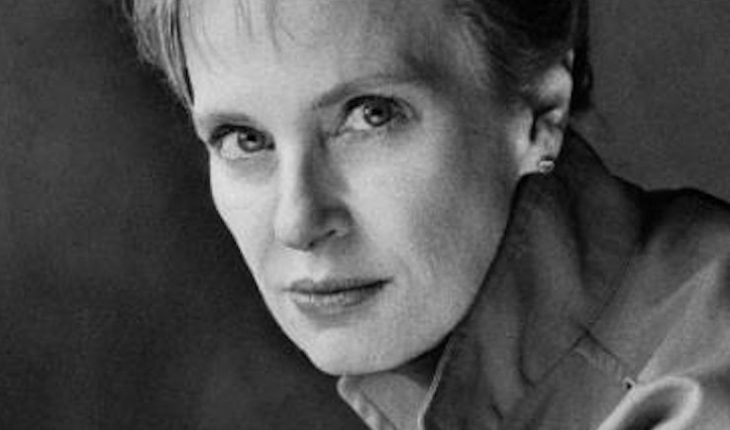Novelist, essayist and poet, Siri Hustvedt (Minnesota, 1955) is an expert in neuroscience and psychoanalysis that He has become one of the most ambitious figures in the current picture of the lyrics, according to the jury of the award he received this Wednesday.
His work “influences some of the aspects that draw a convulsed and puzzling present, from a feminist root perspective. And it does so from fiction and essay, as an intellectual concerned about the fundamental issues of contemporary ethics, “according to the jury’s judgement.
The interdisciplinary dialogue between the humanities and the sciences is present in its production, translated into more than 30 languages, although it bets, above all, by the imagination: “The power of the imagination allows to go towards spaces of the past and the future and to convert to the People in someone different from what they are, “told EFE in an interview.
Poetry is essential for this author, whose first publication was a poem in The Paris review, a genre that led him to meet the famous Paul Auster, also awarded the Prince of Asturias Prize for Letters, in 2006, in a reading of poems in 1981 and the Who got married the next year.
Psychoanalysis and Neuroscience
It was more than thirty years ago, when neither of us was yet known to the general public, and while he focused on fiction novels, she always manifested a much more evident interest in psychoanalysis and neuroscience, subjects of which she speaks in essays and Conferences.
This interest has been repeatedly reflected in all his novels and poems, and references to science “are not free, are really part of the issue,” said Hustvedt, who claims that his thoughts are fit for the general public and not just for The regular readers of this branch.
An interest that comes to him since childhood because he suffered migraines: “It is evident that I have a hypersensitive nervous and neurological system, and that has been crucial in my art, to the point that I wouldn’t trade for anything those migraines, those attacks, because they are part of my life , and I have learned to live with it, “he has confessed on occasion.
Feminist viewpoint
This novelist and activist has related in his work the science with the arts and humanities, always from a feminist point of view that has led her to claim the injustice that “devalue” the work of women artists and scientists while underlined that Men do, “just because they’re men.”
One of his main works was precisely “the woman who looks at the men who look at Women” (Seix Barral), an essay that turned her into one of the most critical voices against Donald Trump, whose arrival at the White House produced, in his opinion , “a reaction to that misogyny so open and that hatred of the women he demonstrated in his campaign,” which has managed to “unite a large part of the population.”
The art world has always interested the writer, who before engaging in the literary world was proposing to decant his career towards the visual arts. “I still draw,” revealed Hustvedt, who defines art as “remembering something that never happened.”
He is so passionate about art that in 2007, in the hands of Francisco de Goya, he conquered the Prado museum in a master class on the Spanish painter.
But it is the literature its “necessity”, a kind of “catharsis” personal, which transports many of the characters of its novels.
translated from Spanish: Siri Hustvedt winner of the Princess of Asturias Award for Letters, the ethical and feminist look of letters
May 22, 2019 |





